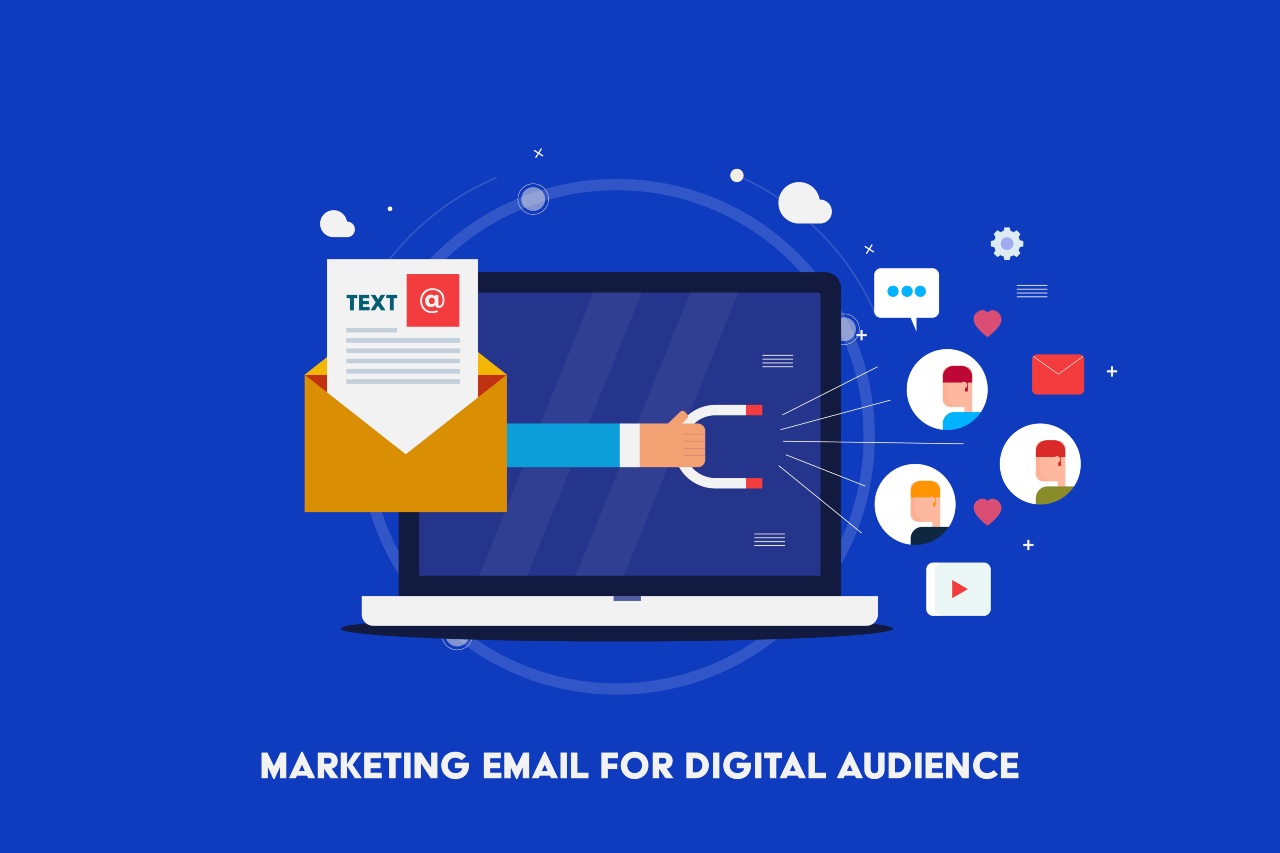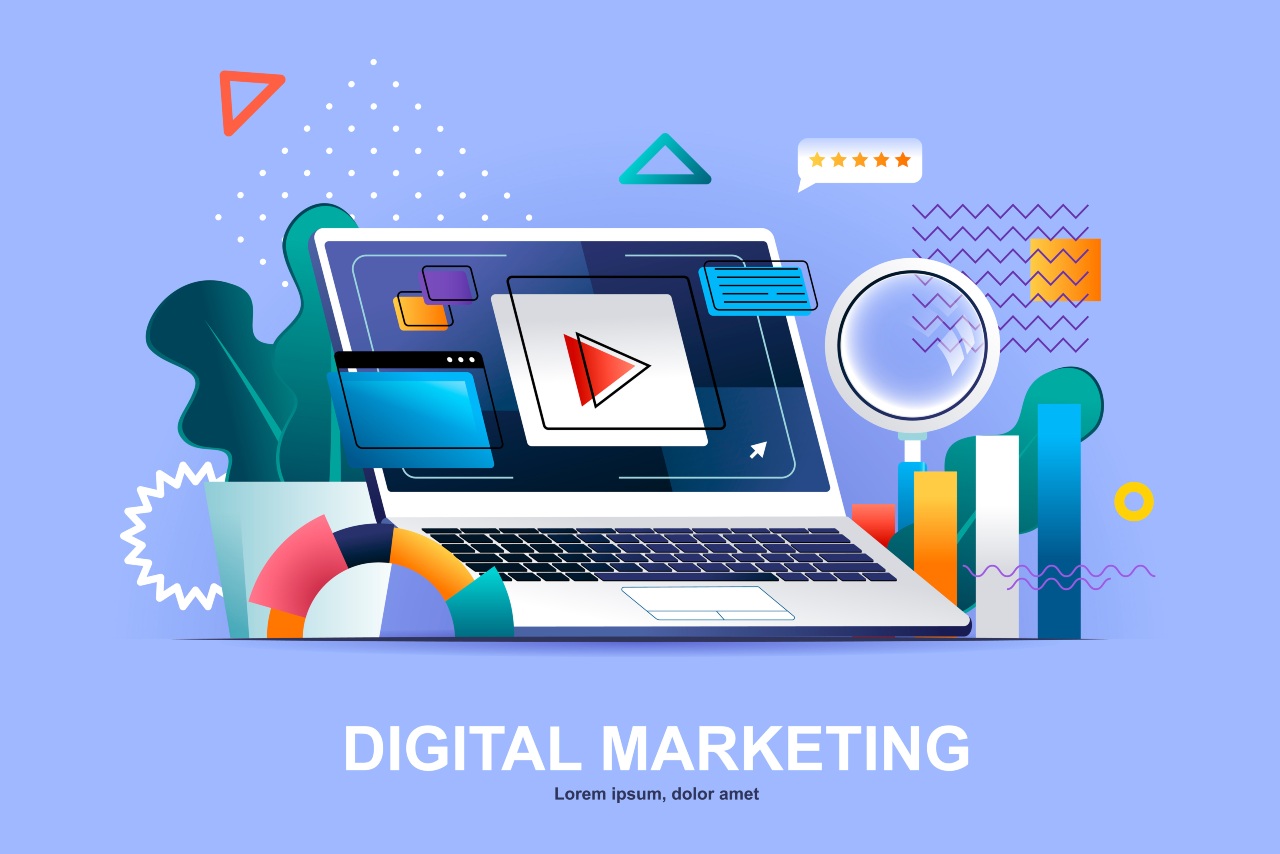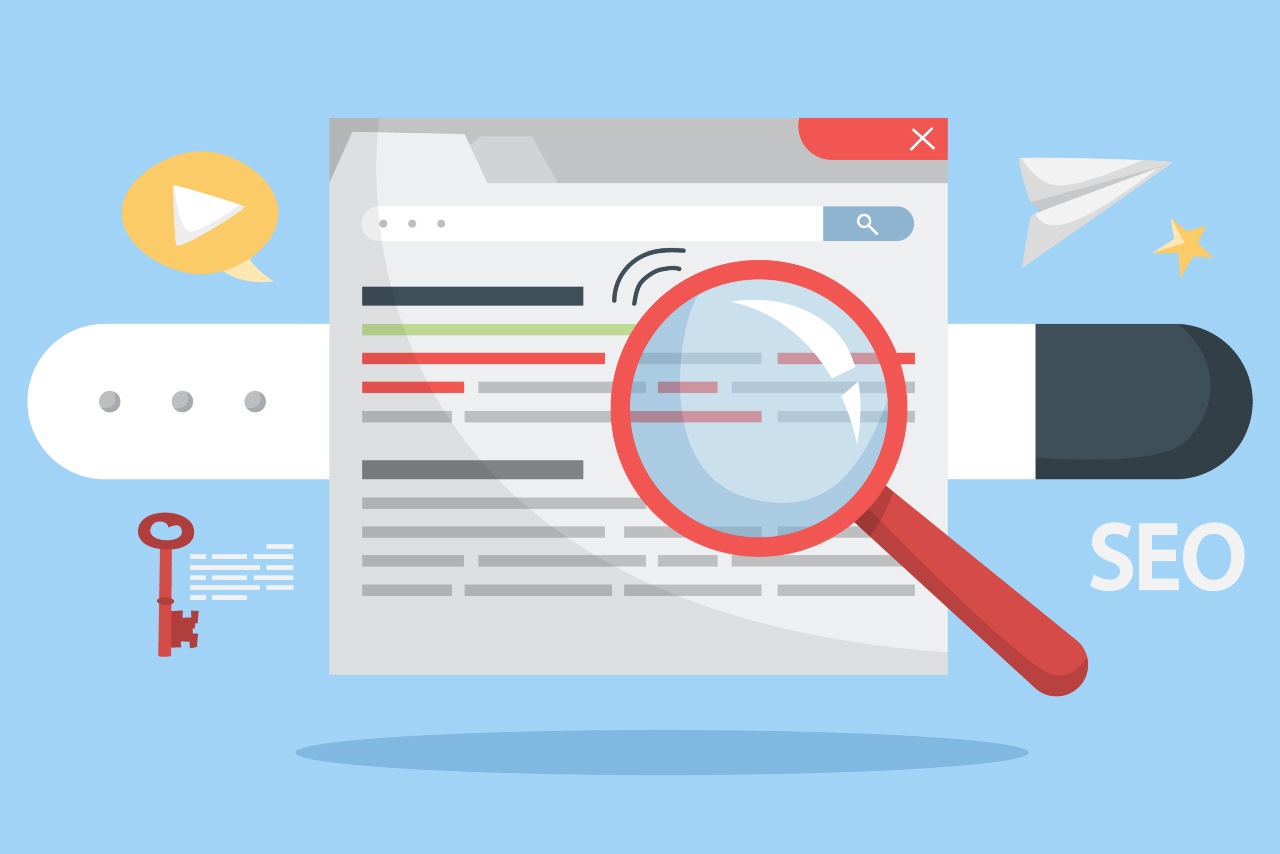
Selecting the right marketing channels is crucial for the success of any business, especially for small and medium-sized businesses (SMBs) with limited resources. With so many options available, from social media and email marketing to search engine optimization (SEO) and pay-per-click (PPC) advertising, the challenge lies in choosing the channels that will deliver the best return on investment (ROI).
In this article, we’ll guide you through a strategic process to help you choose the right marketing channels for your business.
-
To Choose the Right Marketing Channels, Understand Your Business Goals
The first step in choosing the right marketing channels is to clearly define your business goals. What are you trying to achieve with your marketing efforts? Common goals include:
- Brand Awareness: Increasing your brand’s visibility and reaching a broader audience.
- Lead Generation: Attracting potential customers who may be interested in your products or services.
- Sales: Driving conversions and increasing revenue.
- Customer Retention: Keeping your existing customers engaged and loyal.
Once you’ve identified your primary goals, you can begin to align them with specific marketing channels that are most likely to help you achieve them. For example, if brand awareness is your goal, social media platforms like Instagram or Facebook, which have large user bases and extensive reach, might be ideal.
On the other hand, if lead generation is your focus, channels like Google Ads or LinkedIn, which allow for targeted advertising, could be more effective.
-
Know Your Target Audience

Understanding your target audience is key to selecting the right marketing channels. Where does your audience spend their time online? What type of content do they consume? What platforms do they trust? These questions are essential in guiding your channel selection.
Start by developing detailed buyer personas that include demographic information (age, gender, location), psychographic details (interests, values, lifestyle), and online behaviors (preferred social media platforms, content consumption habits). Once you have a clear picture of who your audience is and where they hang out online, you can choose channels that align with their preferences.
For instance, if you’re targeting a younger demographic, platforms like TikTok or Instagram might be more effective. If your audience consists of professionals or B2B clients, LinkedIn or email marketing could yield better results.
-
Evaluate the Strengths and Weaknesses of Each Channel
Each marketing channel has its strengths and weaknesses, and understanding these can help you make informed decisions. Here’s a brief overview of some of the most popular channels:
- Social Media Marketing: Great for brand awareness and engagement, but can be time-consuming and may require a consistent content strategy to be effective.
- Email Marketing: Highly effective for nurturing leads and driving conversions. It’s also cost-effective, but requires a good email list and compelling content to avoid being ignored or marked as spam.
- Search Engine Optimization (SEO): Essential for improving your website’s visibility in search engines and driving organic traffic. However, it’s a long-term strategy that requires ongoing effort and expertise.
- Pay-Per-Click Advertising (PPC): Provides quick results and can be highly targeted. However, it can be expensive, and costs can escalate quickly if not managed properly.
- Content Marketing: Effective for building authority and trust with your audience. It’s also great for SEO, but requires time and resources to consistently produce high-quality content.
By weighing the pros and cons of each channel, you can prioritize those that are most likely to deliver the results you’re looking for.
You may also like:
-
To Choose the Right Marketing Channels, Consider Your Budget
Budget is a critical factor in determining which marketing channels you can afford to invest in. Some channels, like social media and content marketing, can be relatively low-cost if you manage them in-house. Others, like PPC advertising, can become costly, especially in competitive industries.
It’s important to allocate your budget in a way that balances risk and reward. For example, you might allocate a larger portion of your budget to a channel like PPC that delivers immediate results while investing a smaller portion in SEO, which has a longer payoff period but can yield sustainable traffic over time.
-
Analyze Your Competitors
Competitor analysis is a valuable tool in choosing the right marketing channels. By examining where your competitors are active and successful, you can identify potential opportunities and gaps in the market.
Start by researching which channels your competitors are using and how well they’re performing. Are they focusing heavily on social media? Do they have a strong presence in search engines?
What kind of content are they producing? This information can provide insights into which channels might be effective for your business and help you avoid channels that are oversaturated or highly competitive.
-
To Choose the Right Marketing Channels, Test, Measure, and Optimize

Finally, remember that choosing the right marketing channels is not a one-time decision. The digital landscape is constantly evolving, and what works today might not be as effective tomorrow. That’s why it’s essential to continually test, measure, and optimize your marketing efforts.
Start with a few channels that align with your goals, audience, and budget, and closely monitor their performance. Use analytics tools to track key metrics like website traffic, conversion rates, and customer engagement. If a channel is performing well, consider investing more in it. If not, don’t be afraid to pivot and try something new.
Final Thoughts
Choosing the right marketing channels is a strategic process that requires a deep understanding of your business goals, target audience, and budget. By carefully evaluating each channel’s strengths and weaknesses, analyzing your competitors, and continuously testing and optimizing your efforts, you can create a marketing strategy that drives growth and delivers a strong ROI for your business.
Do You Need Help with Your Digital Marketing Channels?
If you need help with your digital marketing, we are here for you. Feel free to contact us and learn more about our digital marketing services. You can find more information at Sylably.com or on our flagship Facebook page.
You may also like:
Did You Like the Article?
If you found this article helpful, please share with your friends, family, and colleagues who might also be interested in digital marketing services.
We would also love to hear your opinion, thoughts, and advice! Please leave your comments in the box below.
Thank you!











